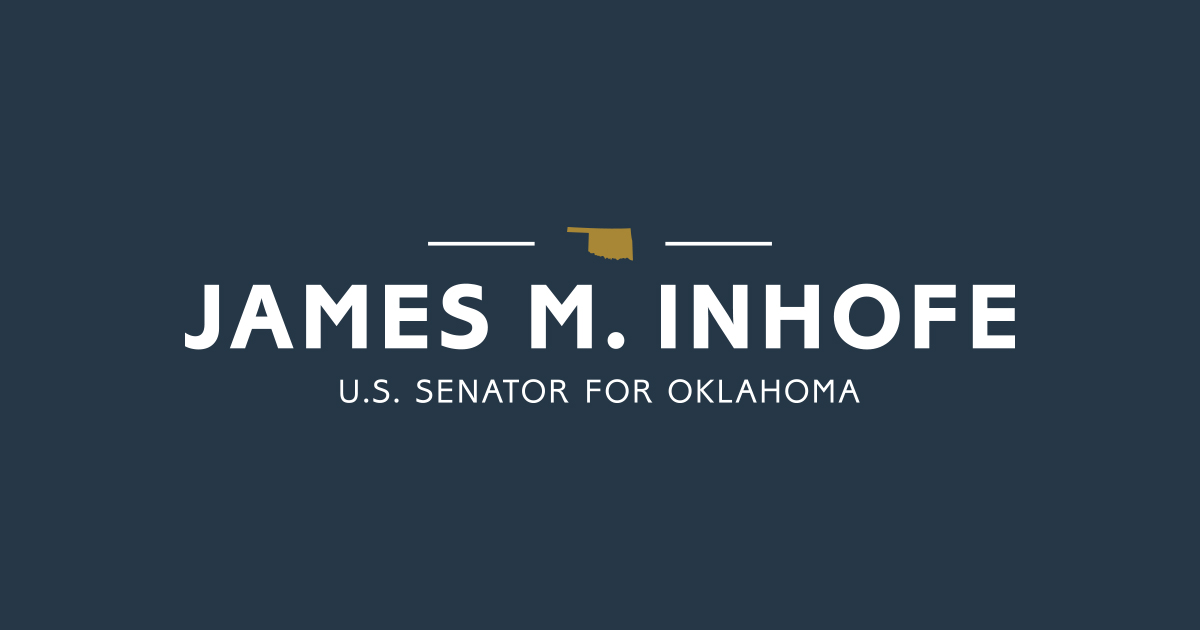Source: United States Senator for Oklahoma James Inhofe
At a hearing to receive testimony on Afghanistan, U.S. Sen. Jim Inhofe (R-Okla.), ranking member of the Senate Armed Services Committee, today questioned witnesses about the implications of the Taliban victory in Afghanistan for Americans and at-risk Afghans left in the country and for jihadist terrorist networks globally.
Witnesses included: Thomas Joscelyn, Senior Fellow, Foundation for the Defense of Democracies and Senior Editor, The Long War Journal; and Dr. Vali Nasr, Professor of Middle East Studies and International Affairs, Johns Hopkins University School of Advanced International Studies and former Senior Advisor to U.S. Special Representative for Afghanistan and Pakistan.
Inhofe: I have three questions I’d like to get to. I’m afraid I won’t be able to — hopefully someone else will. Mr. Joscelyn, how do you think the Taliban will treat the Americans and even at-risk Afghans? The ones who are left behind, they are going to be hostages? Or what’s going to happen?
Joscelyn: The at-risk Afghans are, well, at risk. I think that there’s a lot of trouble ahead for them. We already see credible reports through Afghanistan of them hunting down former opposition, their former enemies. I think that their situation is dire. If I were a member of this committee, I’d be asking a lot about what’s going on behind the scenes when it comes to the Americans who are left behind and what sort of wrangling is going on to try and get them out.
Inhofe: What are the terrorist groups saying about the Taliban, the Haqqani and the Al-Qaeda victory in Afghanistan? What do they say? What’s their communication right now?
Joscelyn: So, there’s no doubt that the Taliban’s victory in Afghanistan is a boon for the global jihadist movement and Al-Qaeda in particular. We’ve tracked now over 30 statements across Africa, the Middle East and South Asia from different Al-Qaeda branches and affiliated groups and individuals who we know are important. They are all heralding this as a monumental historic victory. In fact, that’s what Al-Qaeda senior leadership calls it as well.
Inhofe: The administration has repeatedly mentioned that they could eventually support recognition of the Taliban as the legitimate government in Afghanistan. I’d like to have your ideas — I’ve got ideas — but I’d have your ideas of what this would mean?
Joscelyn: I think to recognize the Taliban’s regime as the legitimate government of Afghanistan would give them a political victory that would compound their military victory. They did not — remember from 1986 to 2001, they were not recognized internationally — you can look at my written testimony and see that many of the same men who ran that regime from 1996 to 2001 are now running it, once again, including Hassan Ahkund, who’s been named as the so-called Head of State, who actually defied the UN. When the UN demanded that Osama bin Laden be turned over, Ahkund very publicly said, “no, we’re not going to do that.” So, I don’t think there’s any reason to reward them with recognition at this point. I think it’s the new Taliban is the same old Taliban.
Inhofe: Those are great specific answers. Thanks so much.
